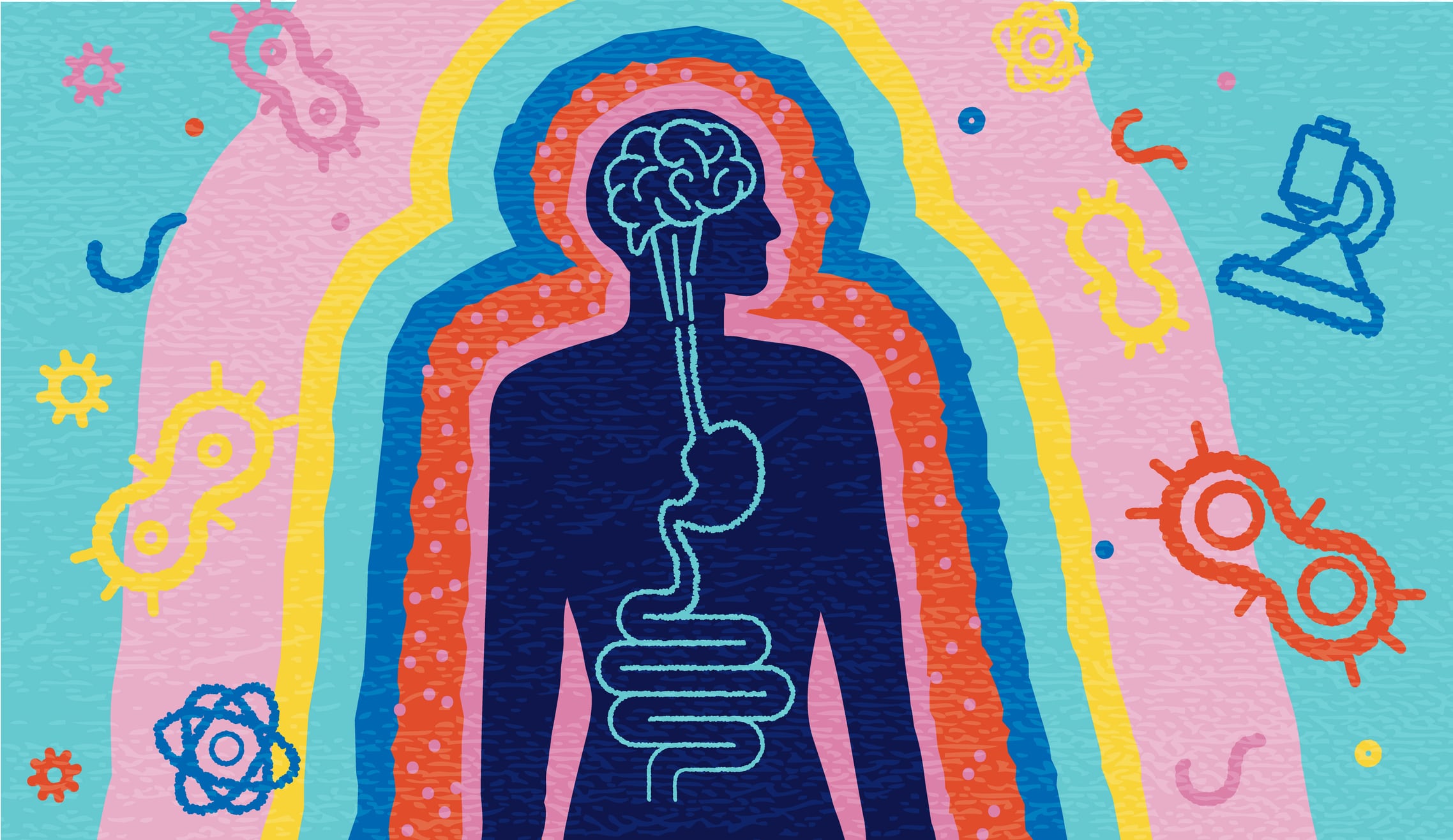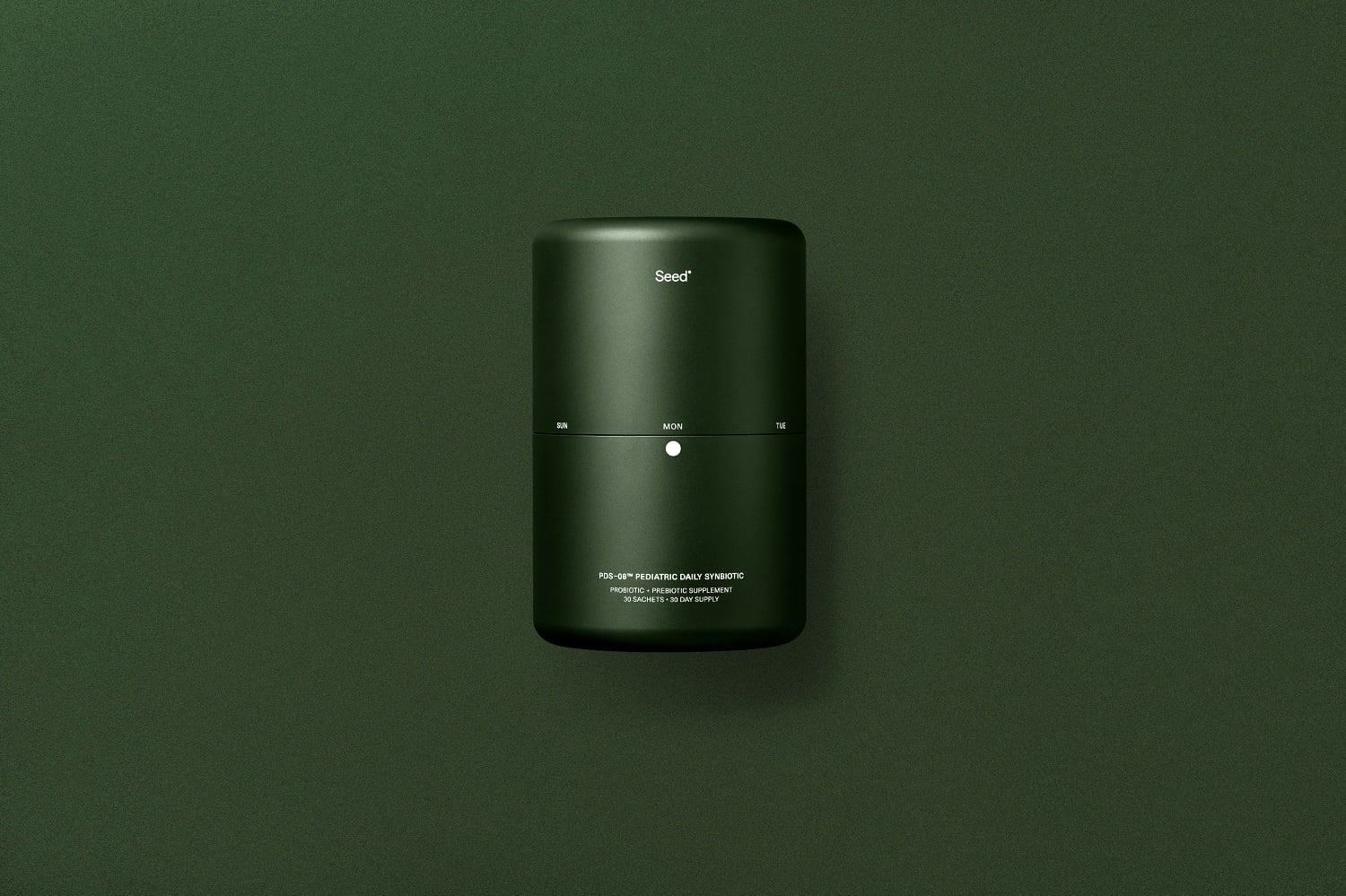Findings from a randomized, placebo-controlled clinical trial in healthy adults also found that DS-01 reduced levels of the inflammatory biomarker C-Reactive Protein (CRP), suggesting DS-01’s potential to influence immune pathways.
“This represents the first time a broad-spectrum synbiotic has been clinically shown to increase both Urolithin A and butyrate in humans,” said Zain Kassam, MD, MPH, chief medical officer at Seed Health, in a press release.
“DS-01 is delivering measurable biological impact via the microbiome—driving the production of key metabolites long studied for their roles in gut barrier integrity, inflammation and healthy aging. These findings expand the biological relevance of DS-01 and point to new applications of microbiome-targeted innovations in advancing systemic health.”
Study details
The company presented two posters at DDW2025 in San Diego describing data from a pilot randomized, placebo-controlled clinical trial with 32 healthy volunteers not taking probiotics, prebiotics or synbiotics. The volunteers were randomly assigned to receive either two capsules daily of the synbiotic (DS-01) or matching placebo for 13 weeks.
DS-01, a broad-spectrum probiotic with 24 genetically distinct microorganisms across 12 species, was developed with Dr. Gregor Reid, Seed Health’s scientific advisor and former chair of the United Nations World Health Organization Expert Panel that authored the global scientific definition of probiotics. The product won the 2022 NutraIngredients-USA Award for probiotic product of the year.
Results showed that DS-01 was associated with a rapid and sustained increase in Urolithin A, with levels increasing by approximately 100-fold after seven days and sustained through Day 91.
In addition, the proportion of Urolithin A-producing participants in the synbiotic arm was 100% in the synbiotic group, compared to 44% in the placebo.
The DS-01 group also exhibited increases in the abundance of Lactobacillus spp., including specific species known to convert dietary polyphenols into Urolithin A precursors through Day 91.
The synbiotic also increased the production of butyrate, a short chain fatty acid known to fuel the cells that line the colon and supports immune function, gut barrier integrity and metabolic signaling. A reduction in CRP was also reported.
“To our knowledge, this proof-of-mechanism trial is the first study to demonstrate that a broad-spectrum synbiotic is able to increase Uro-A, a key microbiome-dependent metabolite driving intestinal epithelial barrier and other biology,” the researchers wrote in their DDW abstract. “Mechanistically, this specific synbiotic enhances the abundance of Lactobacillus spp., which may be critical for production of Uro-A precursors.
Seed Health
Widely known for its consumer health brand Seed, the company currently has three consumer products: DS-01 Daily Synbiotic supplement for adults, PDS-08, a pediatric synbiotic supplement, and VS-01, a vaginal synbiotic suppository.
PDS-08 was launched in 2022 and is a first multi-strain synbiotic formulated with L. salivarius LS01, Bifidobacterium breve B632, B. breve BR03, B. lactis BPL1, B. longum ES1, L. casei BPL4, L. rhamnosus GG, L. acidophilus NCFM and B. animalis subsp. lactis Bi-07.
Beyond the consumer products, Seed also has a biotech platform for microbiome science.




